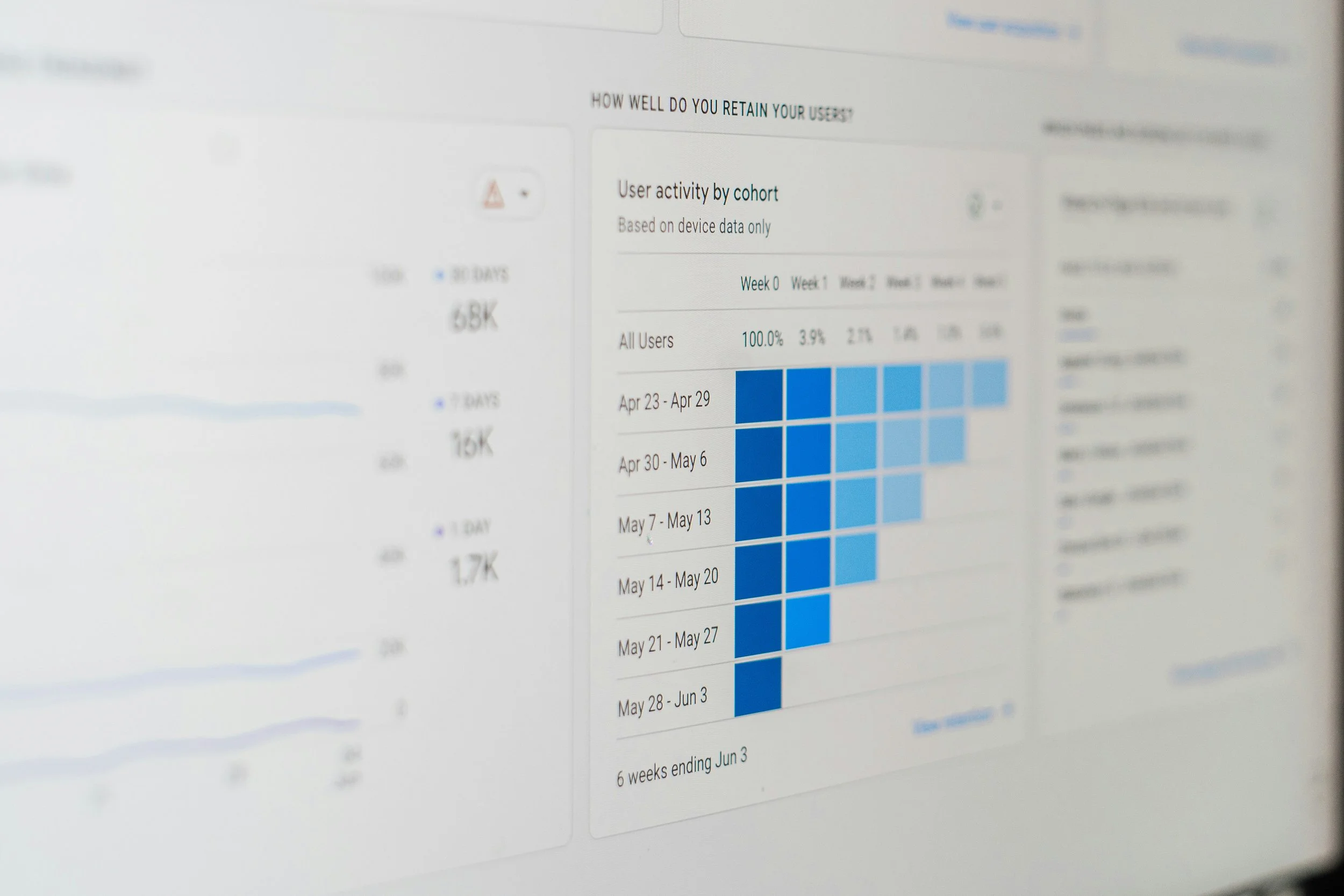Hate the sound of your voice? It’s not you, it’s science!
Is listening to recordings of your voice unpleasant?
One of the best ways to hone your public speaking skills or presentation skills is to record your voice when you practice. Listening to the playback helps highlight verbal crutches you may want to eliminate such as, ‘um’, ‘like’, and ‘so’. It also provides a way to put yourself in your audience’s shoes and ask yourself: When do I sound the most clear and concise? At what points do I lose focus or lack volume? When trying to emphasize a particular thought am I straining vocally? These things become easier to identify and fix when you use a recording of yourself to prepare. Yet many of us would rather eat glass than listen to the recorded sound of our own voice.
It doesn’t even sound like me.
Many of our clients say they don’t like the sound of their own voice. I often attribute this to previous negative public speaking experiences. Maybe that failed book report from fourth grade is haunting you. Or the time you crashed and burned giving the speech at your grandmother’s 75th birthday. But it turns out bad past experiences are not the primary culprit - science is!
Jonah Bromwich, a reporter for the New York Times recently explored why so many of us find the sound of our own voice off-putting. Bromwich chatted up John J. Rosowski, a professor and researcher at Harvard Medical School who focuses on the middle ear and William Hartmann, a physics professor at Michigan State University specializing in acoustics and psychoacoustics. (Side bar: how fascinating is the concept of psychoacoustics? A whole branch of psychology devoted to the “psychological and physiological responses associated with sound”?!?)
Ok, so according to Hartmann, because our vocal cords vibrate when we speak we experience the sound of our own voice internally. The vibrations of our voice “are conducted through our bones and excite our inner ears directly.” To make things even wilder, other factors influencing how we sound to ourselves include the interaction of these vibrations with “cerebrospinal fluid, the clear liquid that sits within the brain and spine.” More science!
Why do I sound so weird to myself?
Here’s the thing: the most typical pathway we experience sound through is external. Vibrations from the air pass through the “chain of our hearing systems, traversing the outer, middle and inner ear.” When we hear a recording of ourselves our brain experiences the sound of our own voice through an entirely different channel than it normally does – hence the weirdness. This just further supports Bespoken’s belief that there are no ‘good’ speakers or ‘bad’ speakers. It also explains why many of our clients shy away from taping themselves when practicing their public speaking and presentation skills.
Now that you know why you dislike the sound of your own voice, and that it’s perfectly natural and normal, you have one less excuse not to utilize this effective and useful tool the next time you’re preparing to speak publicly.
About the Author
Jackie Miller launched Bespoken in 2015 to channel years of professional performance experience into techniques that improve public speaking, presenting, and professional communication skills. She holds a B.F.A. and M.A. both from New York University’s Tisch School of the Arts.




